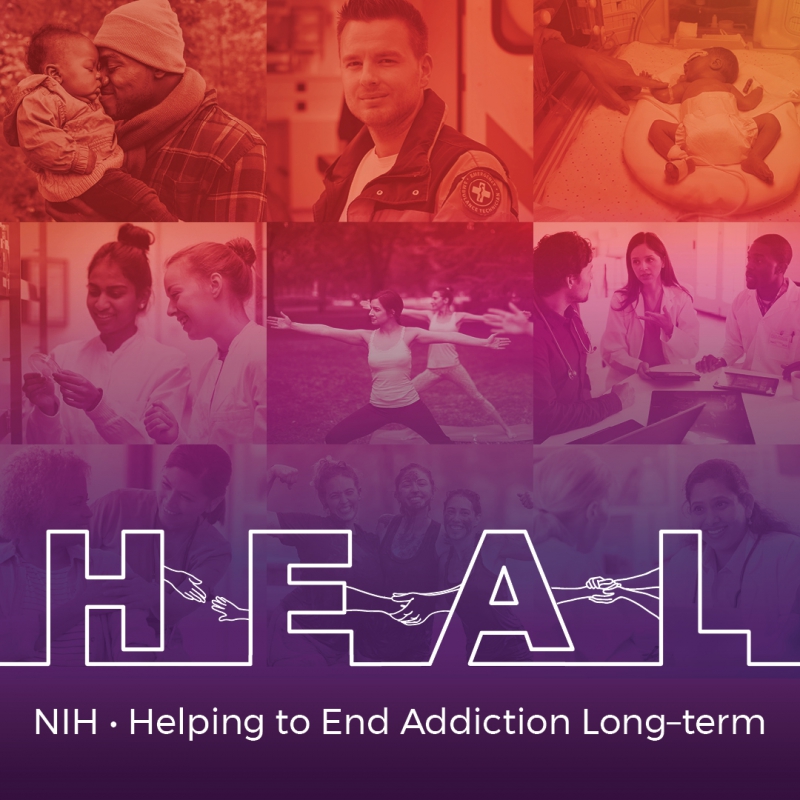 The National Academies of Sciences, Engineering, and Medicine (NASEM) recently published The Impact of COVID-19 on the Careers of Women in Academic Sciences, Engineering, and Medicine, a 253-page report detailing the pandemic’s disruption of the professional development of women in STEMM fields.
The National Academies of Sciences, Engineering, and Medicine (NASEM) recently published The Impact of COVID-19 on the Careers of Women in Academic Sciences, Engineering, and Medicine, a 253-page report detailing the pandemic’s disruption of the professional development of women in STEMM fields.
The publication describes how lockdowns and mitigation efforts disrupted global scientific conferences, laboratory research, work routines, and virtually every aspect of professional activity. Initial research and evidence cited in the report indicate that COVID-19 had particularly adverse effects on the engagement, experience, and retention of women in STEMM, and may have resulted in the loss of some pre-pandemic achievement gains made by women in academic science. This increase in gender inequity might have resulted, in part, from some institutions’ pre-pandemic expansions of the STEMM workforce, consisting predominantly of women, and their subsequent unemployment during the pandemic. The lack of representation of women in academic leadership has led to an underappreciation of the pandemic’s particular burdens on women, such as increased caregiving and teaching responsibilities. Further, the pandemic has exacerbated preexisting inequalities affecting scholars of color. The NASEM report also speculates about how these disruptions might influence the careers of women in STEMM, both positively and negatively, in future years.
On March 31, 2021, 1:00 p.m.– 4:00 p.m. (Eastern Time), the NASEM Committee on Women in Science, Engineering and Medicine will host a webinar to highlight and discuss the report. This online event will include opening remarks by Marcia McNutt, Ph.D., President of the National Academy of Sciences; an overview of the new publication and of another recent report, Promising Practices for Addressing the Underrepresentation of Women in Science, Engineering, and Medicine: Opening Doors (2020); and a panel discussion featuring Marie A. Bernard, M.D., National Institute on Aging (NIA); Cecilia Rios-Aguilar, Ph.D., UCLA; Diana Gray, M.D., Washington University School of Medicine in St. Louis; and Alec Gallimore, Ph.D., University of Michigan. Registration for this event and more information are available here.
